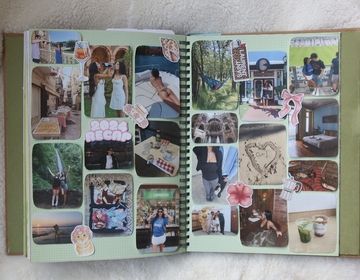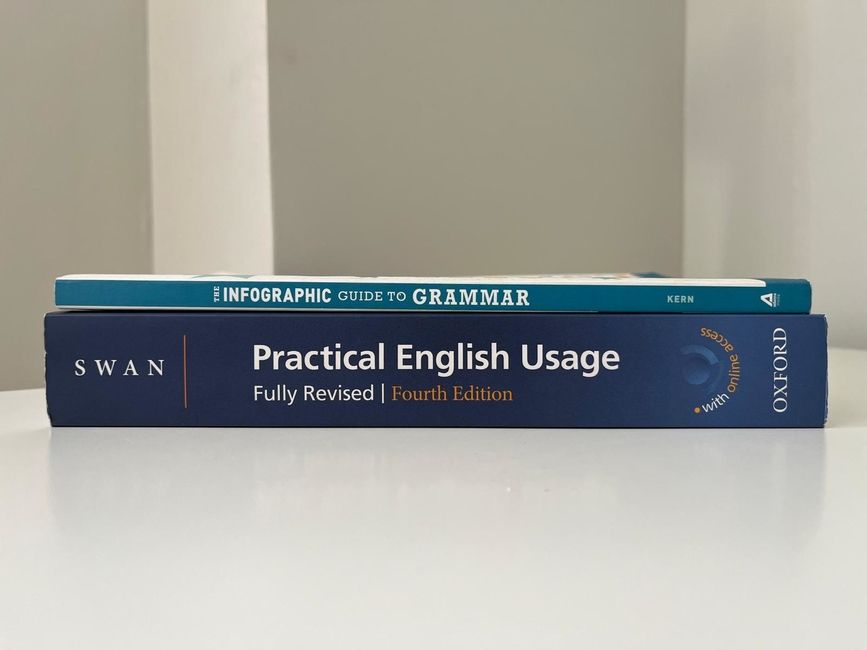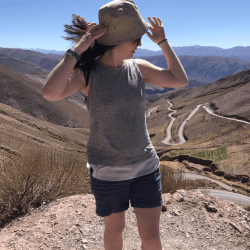A School Day in the Life of an Auxiliar de Conversación (Madrid)
I read the news today, oh boy…
Just kidding, this isn’t a Beatles song. It’s a post about a day in the life as an auxiliar de conversación in Madrid. Specifically, my life as an aux. I work at a bilingual secondary school, so my experience will be different from someone placed in primario or an escuela infantil.
07:00
I wake up around 07:00 most days, either to get ready for work (on Mondays and Thursdays my first class is at 08.15) or to have an unrushed morning (Tuesday’s first class is at 09.10 and Wednesday’s at 11.30).
I try to leave my apartment 45 minutes before I need to be at school, since my commute is approximately 30 minutes. The metro I take heads away from the city center, so it might be busy, but it hasn’t been so crowded that I haven’t been able to get on. That has happened to one of my roommates, though.
08.15 to 1:00
Three days out of the week, I’m at school and in class by 09:10. I have four classes a day, and there’s always some sort of break, so that I’m not going four hours a row.
Which classes us auxiliares were placed in has to do with the needs of the school and with our own education. One of the other auxes at my school has a STEM background, so she’s in a few physics and chemistry classes.
I majored in Linguistics and Spanish, so I’m in a lot of English-as-a-foreign-language classes. I also have six art classes, which has way more to do with what the school needed than with my field of expertise.
What I actually do in class depends on what the teacher wants for that day. In my art classes I’m almost always sitting in the hallway with pairs of students, talking with them about an activity the teacher gave me. They’re first-year students, so it’s generally vocab.
11:00 to 11.30
This is lunch break, which I typically spend in the cafeteria. The room itself is teachers-only, but students line up outside a window to buy sandwiches or desserts.
You might have heard this advice already, and you’ll probably hear it again, but it’s a good idea to socialize with your coworkers during lunch break. It’s a great way to get to know the teachers you work with, and you might get a heads up that ‘X class is acting a little crazy today’. #GoodToKnow
11.30 to between 13.20 and 15.15
After lunch, it’s back to class. Again, what I’m doing depends on the day. My English classes are more varied than the art classes. I might be giving a presentation, leading an activity, or speaking with students out in the hallway.
Teachers usually ask us to make presentations for holidays and celebrations, like Easter or International Women’s Day. I’ve also pitched presentations to my teachers, when I notice that lots of students in a class are making similar mistakes.
When speaking with students out in the hallway, it’s to help prepare them for their Cambridge exams. Those are standardized tests that rate students’ proficiency in English, and they’re as big a deal in Madrid as the SAT is in the U.S.
15.15 to ~21:00
¡Tiempo libre!
There are so many things you can do in Madrid: go to the Prado (auxiliaries get in for free if we show our letter of appointment), explore a neighborhood, or take a dance class, just to name a few.
Or, you can go home and chill. I’ve realized that working with high schoolers can be very draining. It’s a lot of interaction, and they have so much energy. I want to know where mine went, because I’m not that much older than them.
I hope this glimpse into a typical school day has been helpful. Everyone’s experience is going to look a little different, but there are similarities, too.
Hasta pronto, amigos.
Related Posts

How to Get a Spanish Library Card in Madrid (From an Aux Who Has One)
Looking to read more books in Spanish to improve your fluency? Check out this post for an explanation on how to get a Spanish library card in Madrid as an aux.

A Weekend Guide to Riga, Latvia
After living in Latvia for a few months when I studied abroad, I've become something of a Latvia devotee. It's been three years since I moved away and still won't shut up about how good of a time I had there, so this is me just trying to share the wealth.

Coping With Being Abroad During Big Events And Holidays
Being abroad for an extended period can be emotionally challenging, especially when distance creates guilt around missing major moments back home. This post explores practical and emotional ways to stay connected with loved ones, from managing time zone differences to sharing traditions abroad. Through journaling and reflection, this experience, both the highs and lows, can become a meaningful chapter rather than something to simply endure.

